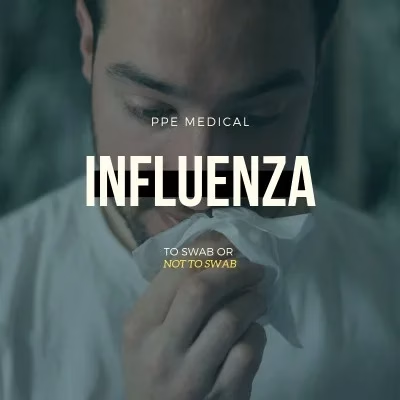In our last edition, we discussed some ways of altering practice models or properly documenting patient care so that we stay within the current MIPS guidelines while continuing to provide the highest quality care. In this edition, we will discuss some of the MIPS guidelines as they pertain to Radiographic studies that are commonly ordered in ER/Urgent Care settings. As always, appropriate documentation as to why, or why not, a test was ordered is crucial not only for MIPS, but from a legal standpoint as well. So, let’s get into it!
Medical Tips
Graduated, passed boards, got a job… now what?
“Don’t Hurt Anyone”
My first job as a nurse practitioner was ideal. I knew all the physicians. I knew all the nurses. I knew all the administrators. Yet, I was scared beyond belief. First and for most I did not want to hurt my patients. Second, I wanted the staff that I worked with to accept me as a competent nurse practitioner. I remember clearly two conversations from those first few days; “John, don’t hurt anyone” and two, “John, one of the most important things is know what you don’t know”.
Influenza: To Swab or Not to Swab
During a recent weekend shift in the Emergency Department, four patients presented with the same chief complaint: “I just want to know if I have the flu.”
What does it mean to have privileges to practice?
Your Credentials
The process of credentialing can be quite a daunting one, especially if you are new to the healthcare or hospital medical staff approval process. In essence, your credentials are a verification of who you are – both academically and clinically. In addition, your credentials include your medical malpractice history, board certifications, training certificates, disciplinary actions, and other state-specific requirements that the state licensing board determines make you safe to practice. Think of your credentials as a portfolio allowing anyone who wants to know about you read a file and see what you bring to the table, and how well trained you are.
What’s Your Endgame? The Future of Healthcare
Residency
Several years ago, physician graduate medical education, also known as residency, went through a revolutionary change and restrictions were placed on the number of work hours residents could work in a week. In a profession traditionally programmed to work in excess of 110-130 hours per week to gain the exposure necessary to adequately practice medicine, capping hours at 80 hours per week was a controversial change, and brought into question the validity of shortened education. While the verdict is still out regarding the current generation of residency graduates – related to knowledge base, work ethic, professional expectations, and patient relevance – there is no change in sight for resident work hours.
Needle Decompression: Size Matters
What Size Needle Should You Use?
At a recent course this past weekend, we were asked which size needle should you use while performing a needle decompression procedure. The automatic response was large bore needle…typically 14-gauge angiocatheter. But that is only half the answer! What about catheter length? The standard 14-g angiocath is 5cm long and its catheter is only 4.5cm long. This was causing concern about a high failure rate. With the primary source of procedure failure being a failure of the needle to reach the pleural space, the standard angiocath would only reach the pleural space in 53% of the population.






